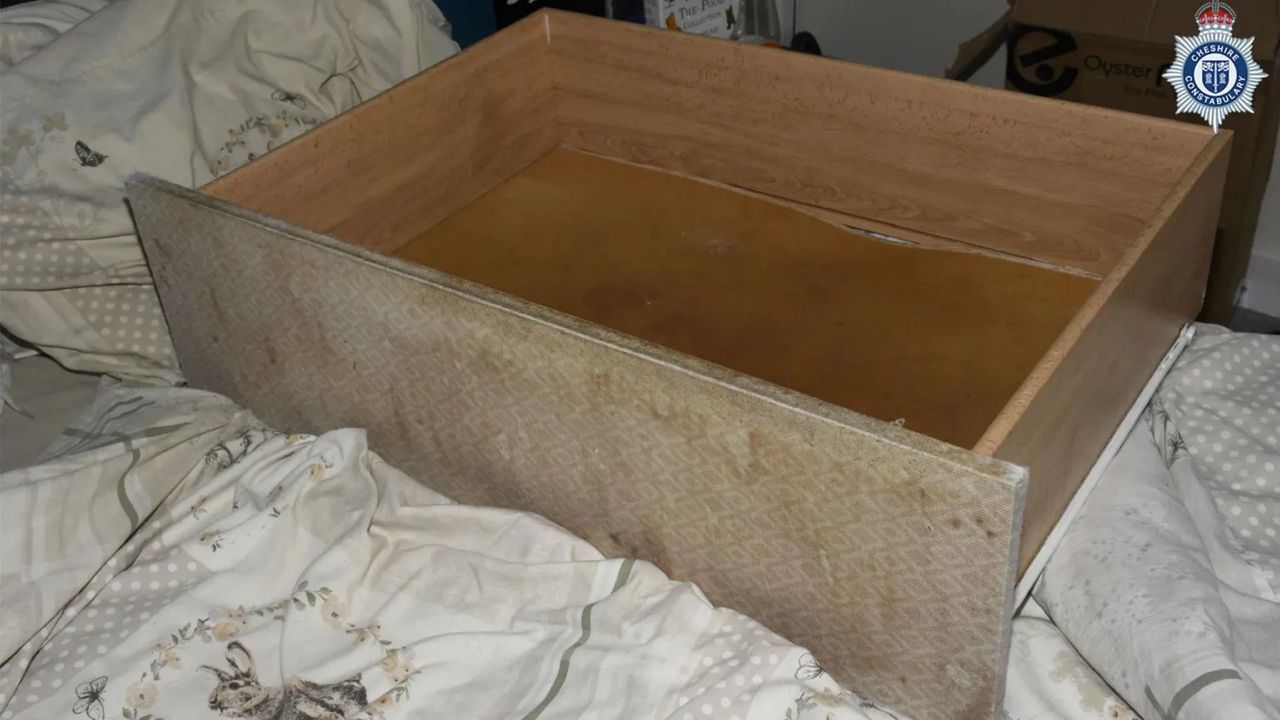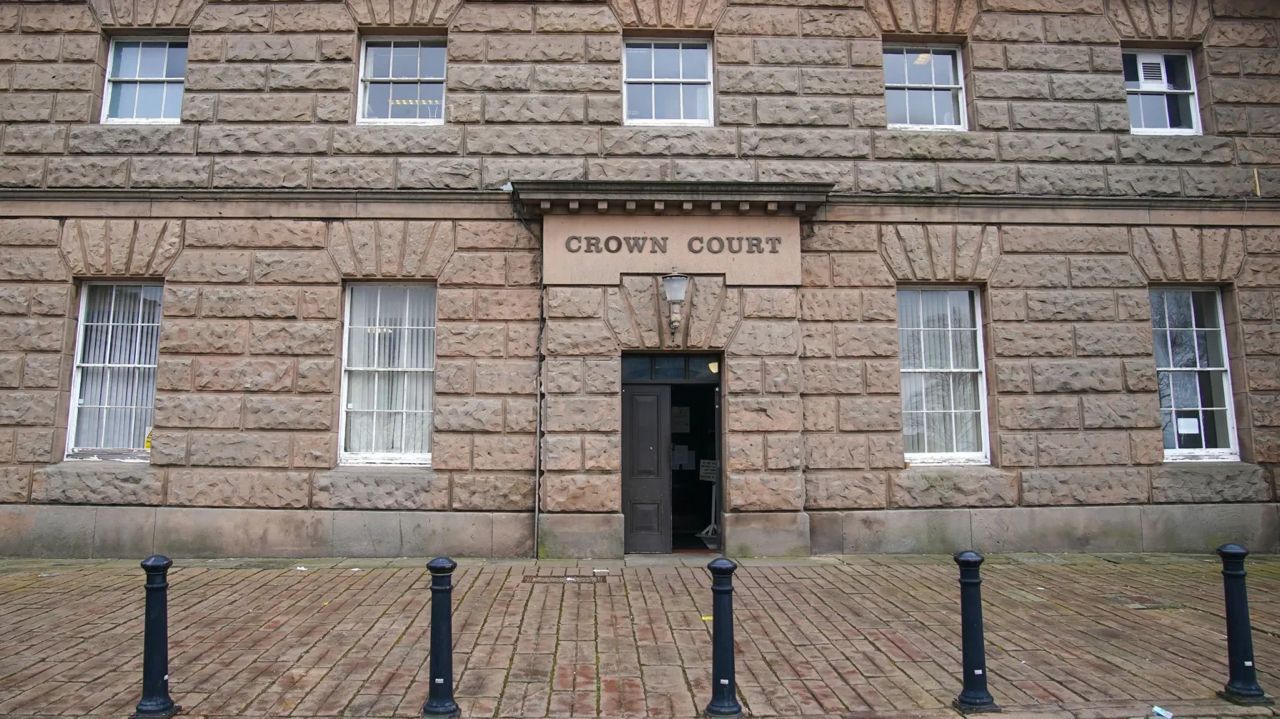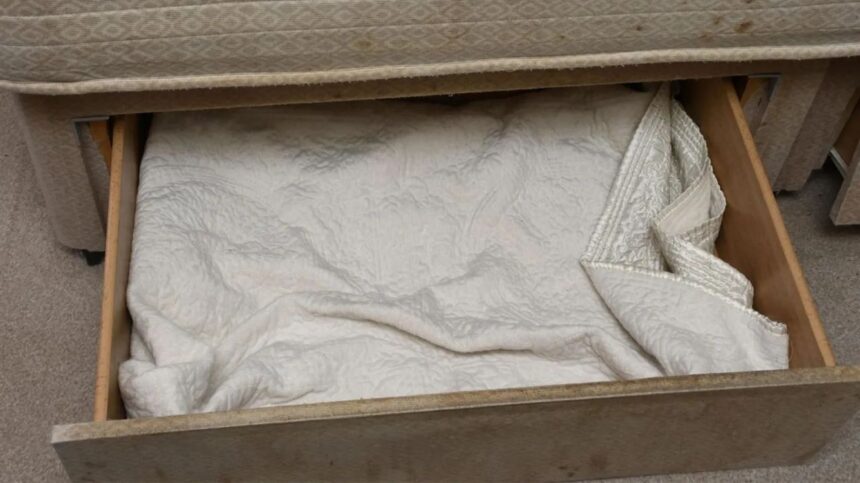By Nakiwala Barbra
a mother has been sentenced to seven and a half years in prison for subjecting her own daughter to unimaginable neglect. For three harrowing years, this little girl’s existence was confined to a drawer under a divan bed, deprived of sunlight, fresh air, love, or any semblance of a normal childhood. This was not just neglect it was a deliberate imprisonment, a crime that leaves even seasoned legal professionals grappling for words.
The mother’s actions were a grotesque betrayal of the most fundamental parental responsibility: to protect and nurture. Instead, she sentenced her child to a life of isolation, starvation, and silence. The girl, who should have been exploring the world, was instead reduced to a skeletal frame, malnourished and unable to respond to her own name.
This case reveals a grim truth: our society is failing the most vulnerable. The fact that this atrocity went unnoticed for three years raises serious questions. How did no one neighbors, visitors, or even the woman’s own family—realize what was happening in that house? The child’s discovery only came about by sheer chance, when a visitor heard her cries.

Judge Steven Everett, who presided over the case, called it a “living death” for the child—a haunting yet accurate description. While the mother claimed she was “scared” and unprepared for motherhood, fear cannot justify years of calculated cruelty. It was not fear that led her to conceal the baby from her family, to feed her through a syringe, or to deny her medical care—it was a chilling indifference to the value of her daughter’s life.
The stark contrast between how the mother treated her other children and this child is particularly disturbing. She cared for her other children well enough for them to remain unnoticed by authorities, yet this one little girl was labeled “not part of the family” and hidden away like an object. Such selective neglect points to something far more sinister than mere ignorance or poverty—it speaks to a deliberate dehumanization.
Now, the girl is in foster care, beginning a long and arduous journey of recovery. Her physical deformities and developmental delays are reminders of the life stolen from her. And yet, there is hope. Reports suggest she is “slowly coming to life,” showing a resilience that defies the horrors she endured.
This case should be a wake-up call to all of us. It highlights the need for greater vigilance in identifying signs of abuse and neglect. Teachers, social workers, neighbors, and even casual visitors must feel empowered to report suspicions without fear of overstepping boundaries. It also underscores the need for robust mental health support and interventions for parents who may be struggling, so that no child suffers in silence.

The mother’s sentence may bring some sense of justice, but it can never undo the harm inflicted on this innocent child. Society owes her more than justice—we owe her a future filled with love, care, and opportunities to heal. Let her story serve as a stark reminder of what happens when we fail to protect those who cannot protect themselves.







